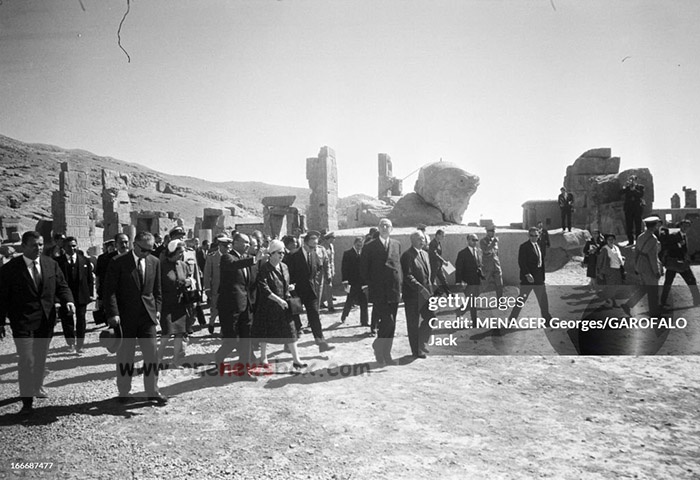In a private meeting discussing the students’ and workers’ demands for direct participation in business and government he coined the phrase “La réforme oui, la chienlit non”, which can be politely translated as ‘reform yes, masquerade/chaos no.’ It was a vernacular scatological pun meaning ‘chie-en-lit, no’ (shit-in-bed, no). The term is now common parlance in French political commentary.
But de Gaulle offered to accept some of the reforms the demonstrators sought. He again considered a referendum to support his moves, but on 30 May, Pompidou persuaded him to dissolve parliament and hold new elections. The June 1968 elections were a major success for the Gaullists. His party won 352 of 487 seats, but de Gaulle remained personally unpopular.
De Gaulle resigned the presidency at noon, 28 April 1969, following the rejection of his proposed reform of the Senate and local governments in a nationwide referendum. Two months later Georges Pompidou was elected as his successor.

